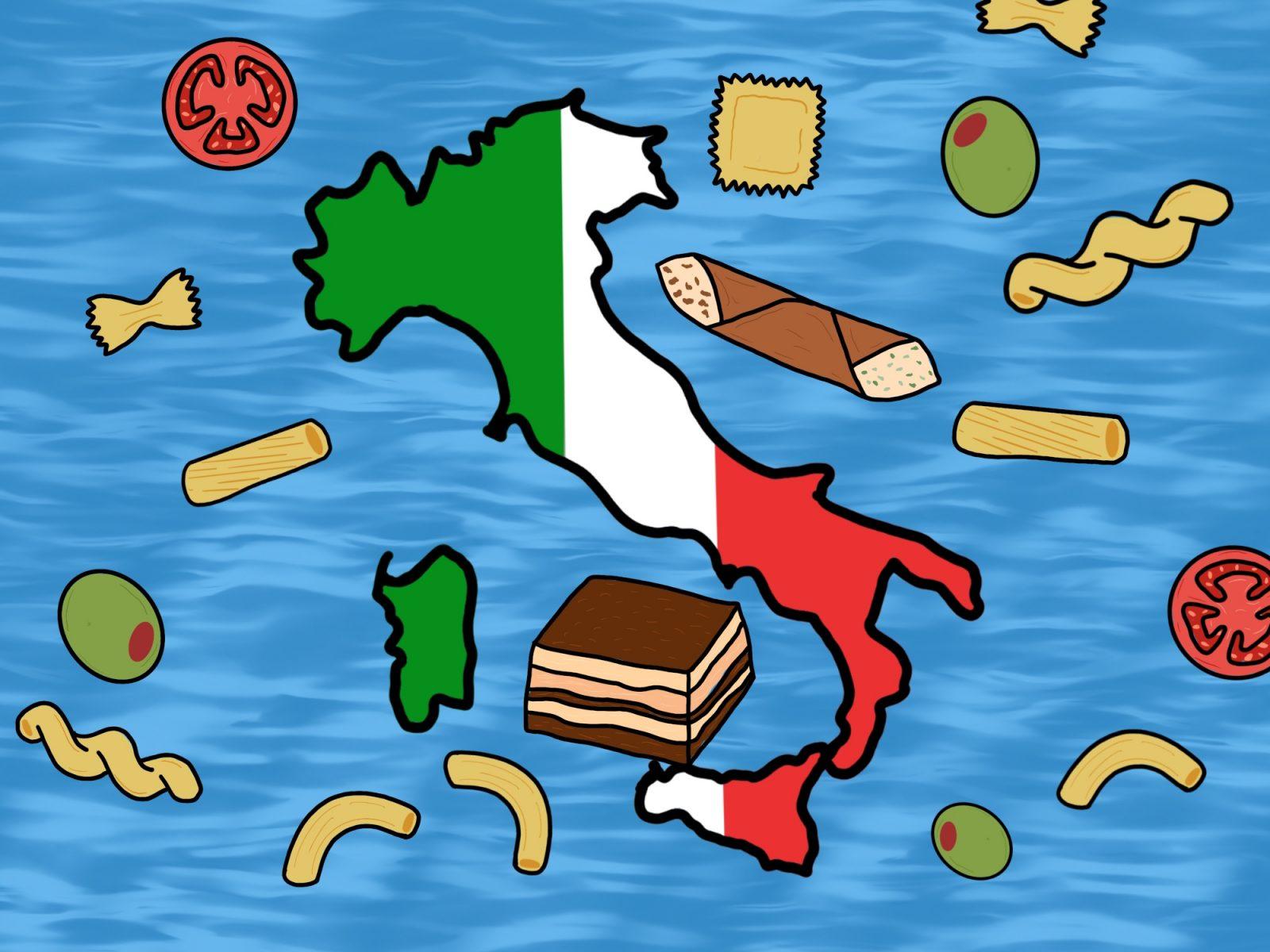“Xenia” is an expression from Ancient Greece that can be literally translated into “hospitality.” The ancient civilization considered it a fundamental value that created bonds much stronger than simple friendship. If someone had failed to respect this tradition, they would have been subject to divine punishment.
This sacred practice required more than simply welcoming a stranger into your house. An honorable host was also expected to provide clean clothes, delicious meals and even speeches that celebrate the traveler or their homeland. The relationship that flourished between the host and the hosted lasted for entire generations.
Nevertheless, “xenia” was solely reserved for other Greeks.
Ancient civilizations are often thought of as being incredibly progressive and open-minded toward other cultures because their immense empires were inhabited by several different populations. In reality, racism was widely popular, even at the time.
Everyone who wasn’t fully Greek was labeled as barbarian, thought to belong to an inferior race compared to the wise and powerful Hellenic civilizations. Most foreigners would become slaves, and their talents — whether physical or intellectual — would be exploited.
It is truly ironic the same society who put such great emphasis on hospitality did not welcome people from different parts of the world.
Italy is a modern example of a similar dichotomy.
Italians are usually stereotyped as incredibly warm people who always wish to accommodate any foreign tourist. Students who spend their exchange in Italy remember being treated almost as locals: People greeted them as though they were old family friends and could immediately recognize their familiar faces in the town. This treatment makes travelers believe they are seen almost as locals.

This facade of cordiality and friendliness hides the country’s rampant xenophobia and racism that no one dares to acknowledge, let alone face.
Unfortunately, I am aware of this from personal experience.
Although I was born and raised in Italy, my entire family is Polish and my parents’ jobs forced them to move from Warsaw, Poland to Rome. Consequently, I classify as a first-generation immigrant child.
Even though I was incredibly more privileged than most other immigrants from countries outside of Europe, I always felt an unbridgeable gap between my fully Italian peers and me. Only now can I fully realize that said gap was not caused by my desire to express my biculturality — rather, it was created by the environments I was in.
I went to a high school where I was constantly the only “foreigner,” not only in my grade but in the whole school. None of my classmates had a parent from another country, and they all had traditional Italian last names, whereas the odd succession of consonants in mine always stood out to every substitute teacher during roll call.
Moreover, everyone was amazed when I spoke Polish to my parents, and my friends would insist on making me translate everything only to point out how “weird” my native language was.
Overall, I was encouraged to believe being from Poland was my only personality trait.
What was so heartbreaking for me to realize throughout the past few years is that I always thought my diversity was forced onto me rather than celebrated with curiosity.
If Italians are allegedly the most hospitable people in the world, why do they seem so hostile toward people from different backgrounds? Why do they disregard other cultures and consider them bizarre instead of trying to expand their knowledge of the world through them?
Similarly to Ancient Greece, Italy is extremely romanticized as a country.
Tourists who only travel through the main cities remain oblivious to the closed-mindedness and conservatism that are so dominant in an average Italian household. At the same time, the majority of the population is unable to admit their xenophobia is a real issue that prevents immigrants from feeling at home in their new country and hinders any possibility of cultural integration.
Even though Italy successfully inherited “xenia” from Ancient Greece, it definitely failed to adapt this practice to today’s cosmopolitan world. Before being hosted in someone’s home, one should feel welcomed in their country first.




























































































































